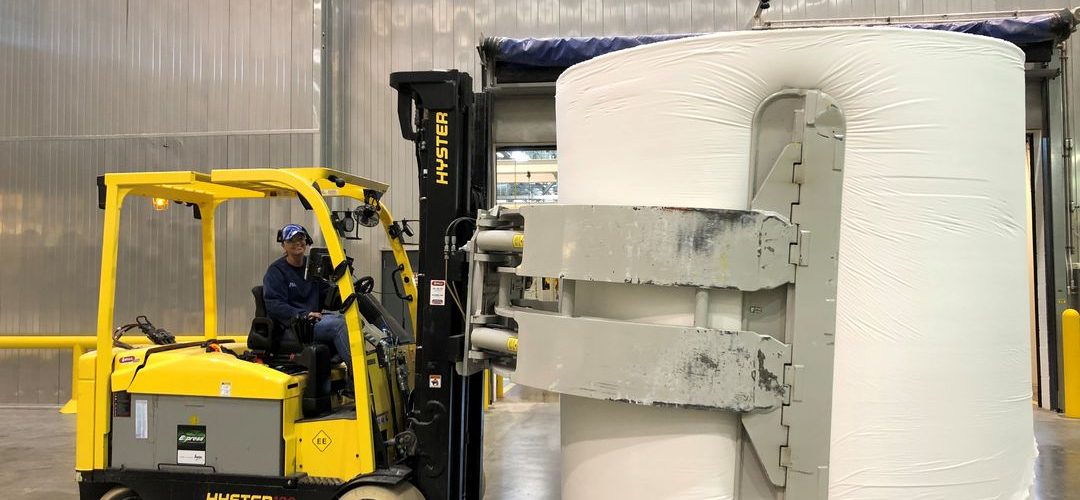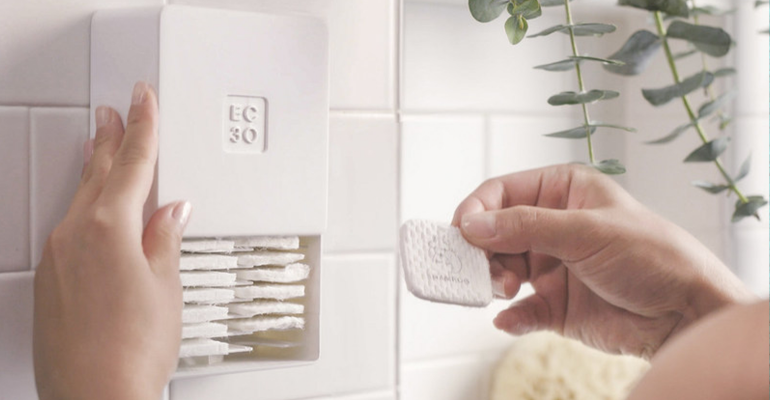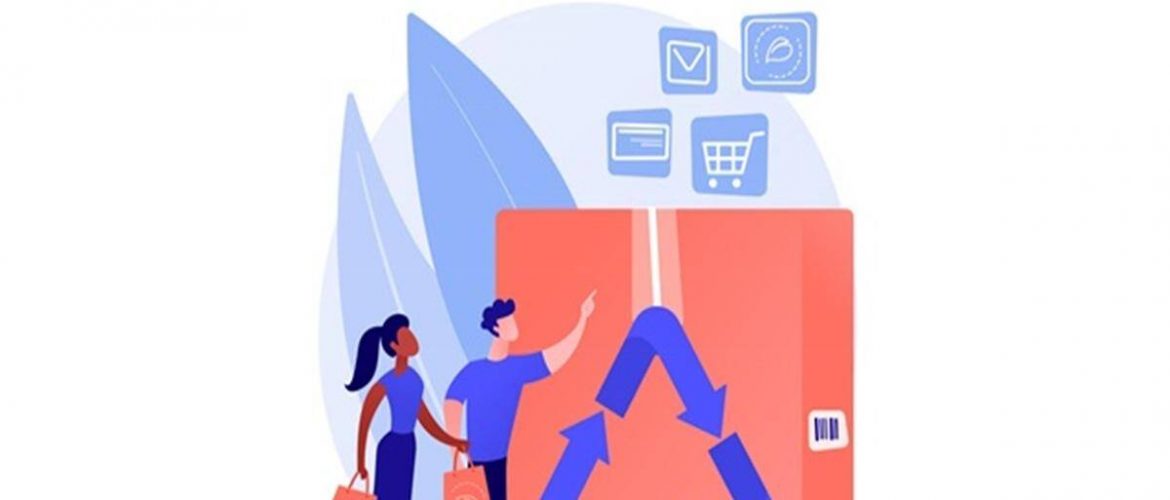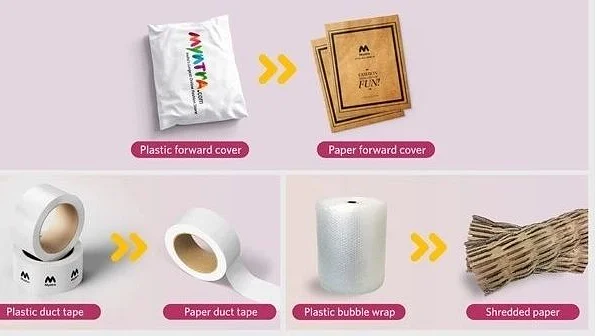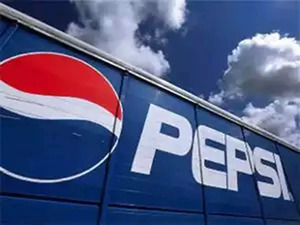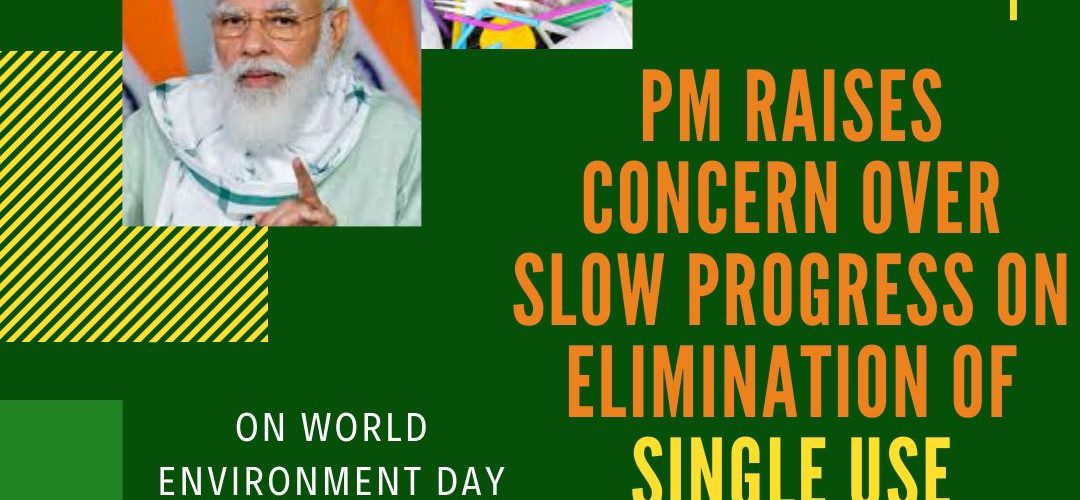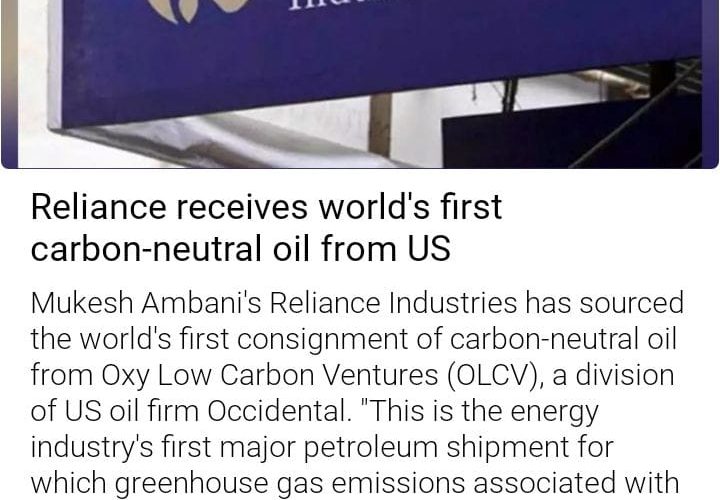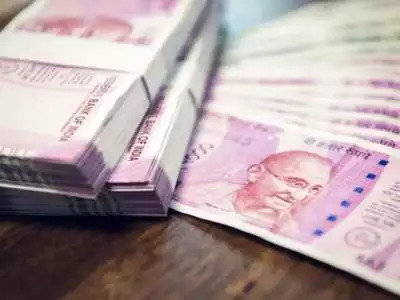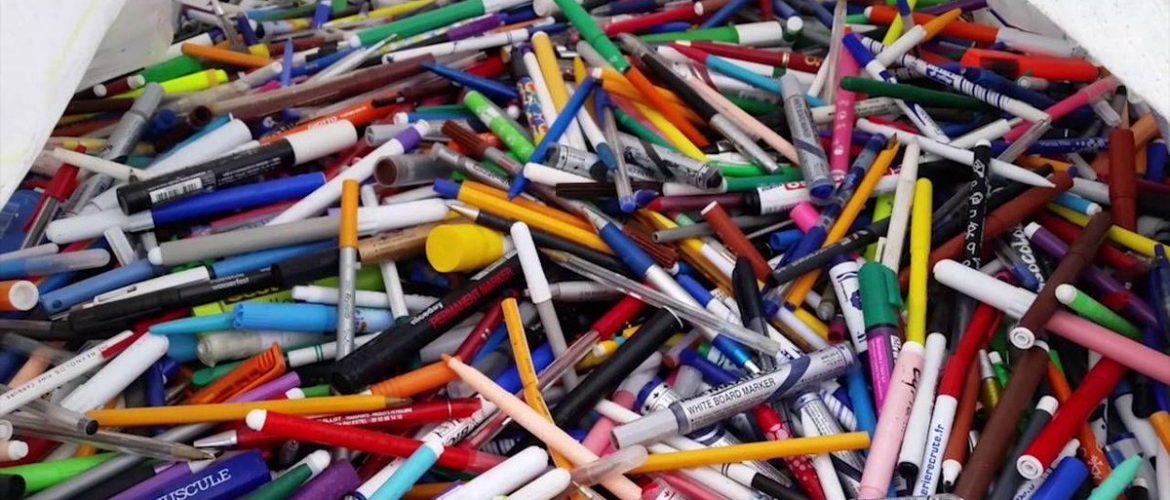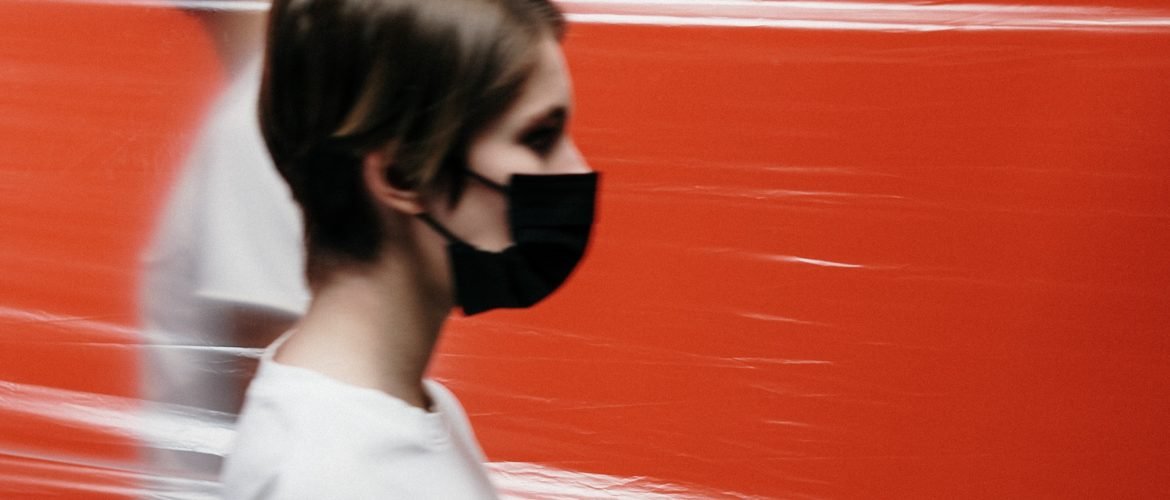Procter & Gamble Co (PG.N) has lofty goals for cutting its environmental impact by 2030 but obtaining recycled plastic for more sustainable packaging is challenging, the company’s vice president of global sustainability said at the Reuters Next conference. Global supply chain issues are making obtaining environmentally sound packaging materials more difficult, Jack McAneny said on Friday, as the consumer goods giant scrambles to meet the demands of an increasingly eco-conscious consumer base. Read More at (Source) : https://www.reuters.com/business/sustainable-business/pg-faces-shortage-recycled-plastic-race-meet-sustainability-goals-2021-12-03/
PureCycle Technologies, Inc. (Nasdaq: PCT) announced the first product made from PureCycled plastic has launched. The first-of-its-kind sustainable plastic shower dispenser was brought to market and sold by EC30 and made from PureCycle’s ultra-pure recycled plastic transformed from trash found in the bins of U.S. stadiums. Bringing an ultra-pure recycled plastic product to consumers marks a milestone for PureCycle and changes the sustainable products game. Mike Otworth, CEO, PureCycle, said, “There is no doubt that consumers expect companies
New packaging models impact the cost of operations as it increases by about 20-25% depending upon the segment. Indian consumers are also on the lookout for brands that have social and environmental purposes Single-use consumer habits continue to pose a threat to the environment — particularly in the context of plastic packaging. According to the World Economic Forum, only 14% of plastic packaging is collected for recycling globally. Moreover, by 2050 the carbon footprint of plastics is expected
During the ongoing Myntra Big Fashion Festival, bubble wraps, plastic cello tapes and polycovers have been replaced with shredded materials and paper tapes/covers/boxes. In an attempt to reduce plastic waste, Myntra, India’s leading fashion and lifestyle e-commerce brand, has implemented plastic-free packaging for its ongoing edition of Big Fashion Festival that is being held from October 3-10. In addition to its own supply chain, Myntra’s seller partners have also adopted the green packaging defined by the platform. This milestone is a
PepsiCo will cut back on the use of virgin plastic and expand its SodaStream sparkling-water business to more markets amid growing calls from consumers, clients and climate change advocates to combat plastic waste.
As part of a new initiative called “pep+”, the Lays chips and Pepsi maker said on Wednesday it aims to reduce virgin plastic use per serving by half across all brands by 2030, and use 50% recycled content in all its plastic packaging.
Read the full article here:
After creating a nationwide stir in 2018, the conversation on eliminating single – use plastics is back on! PM Narendra Modi initiated serious conversations to release guidelines in order to phase out the use of single-use plastics and pushed the Environment and Forest Ministry (moEFCC) on their lack of progress. MoEFCC may release the final draft of the definition of Single-use plastics and timeline to eliminate SUPs as early as next week! What do you think will be a part of
Source: https://inshorts.com/en/read Mukesh Ambani’s Reliance Industries has sourced the world’s first consignment of carbon-neutral oil from Oxy Low Carbon Ventures (OLCV), a division of US oil firm Occidental. “This is the energy industry’s first major petroleum shipment for which greenhouse gas emissions associated with the entire crude lifecycle, well head through the combustion of end products, have been offset,” OLCV said.
NEW DELHI: With a committee comprising Central Pollution Control Board, National Environmental Engineering Research Institute and IIT-Delhi members assessing Rs 450 crore as cost of damage to the environment due to dump sites in Delhi, National Green Tribunal said CPCB is at liberty to recover the amount with a further penalty for continuing damage. Source : https://timesofindia.indiatimes.com/city/delhi/cpcb-may-collect-landfill-impact-fine/articleshow/80638617.cms The panel was tasked by NGT to ascertain the environmental damage caused by the waste dumps and based their calculations on factors such as legacy
The National Green Tribunal last week observed that plastic pens are covered under the meaning of “plastic” as provided in Rule 3(o) of the Plastic Waste Management Rules, 2018 and therefore, they are also covered by the statutory framework of the said Rules. SOURCE : https://www.livelaw.in/environment/national-green-tribunal-plastic-pens-plastic-waste-management-rules-168411?infinitescroll=1 SOURCE : https://www.livelaw.in/environment/national-green-tribunal-plastic-pens-plastic-waste-management-rules-168411?infinitescroll=1 The bench also directed the Ministry of Environment, Forest and Climate Change to finalize the Extended Producers’ Responsibility (EPR) mechanism. It also directed the Central Pollution Control Board to coordinate with the Pollution
It is estimated by the National Institutes of Health, Centers for Disease Control and Prevention, UCLA and Princeton University that the virus lives on plastic surfaces for 3 days. Researchers have found that reusable bags do carry pathogens, although there is no evidence about whether they might transmit the virus that causes COVID-19. How has this affected the use of plastics? Less than six months ago, Massachusetts was on the verge of passing a state-wide ban on single-use plastic bags. At least


